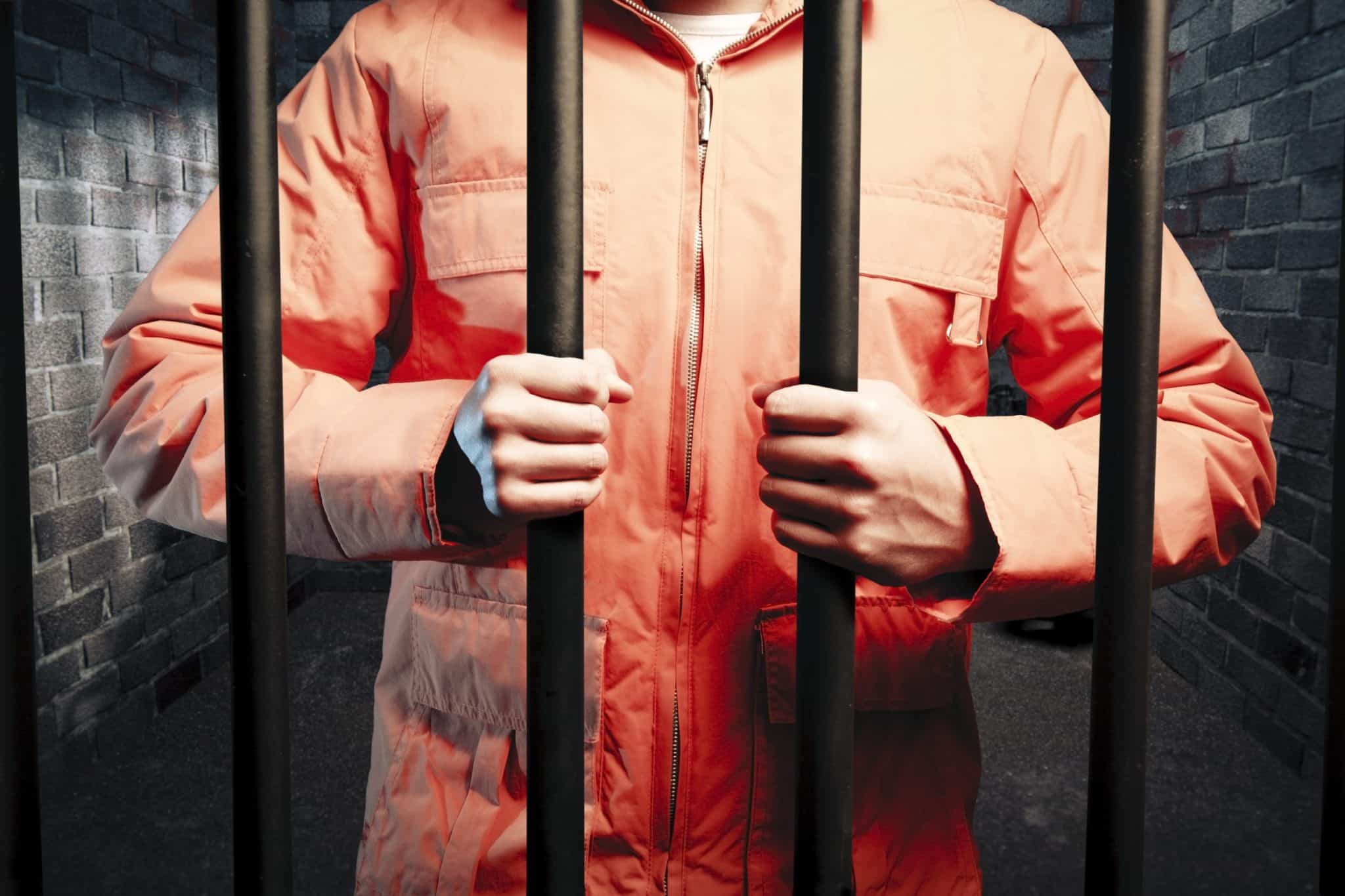The planning of a crime and actions taken toward committing it are enough to send an individual to federal prison – even if they ultimately do not follow through with the crime. It’s a lesson three Texas men are learning the hard way.
Three men were recently arrested in Texas and charged with conspiracy under federal law. The conspiracy involved a plan to buy $500,000 worth of weapons on behalf of a Mexican drug cartel, including rocket launchers, machine guns, and grenades.
Conspiracy can be a difficult crime to understand.
After all, how can you be charged and possibly punished for a crime that was never completed?
Here’s what you need to know about federal conspiracy charges in Texas and how conspiracy is charged and prosecuted.
Federal Conspiracy: What Is It?
Federal criminal conspiracy occurs when two or more people agree to commit a criminal act. In order to be charged with this crime, the government must believe that the people involved have an agreement with others to commit a crime.
What’s interesting about conspiracy charges is that the government doesn’t have to prove the crime actually occurred, simply that an agreement to commit the crime existed. Even though the crime itself was only planned, punishments for conspiracy mirror the punishments for the underlying offense.
What Does The Government Need to Prove?
The charges brought by the government regarding conspiracy depend on the jurisdiction and the indictment. In general, however, there are two kinds of statutes regarding conspiracy:
- The government must prove two or more people agreed to violate federal law, or
- The agreement between parties was joined in knowingly, not by accident or mistake
The government must also be able to prove that at least one of the people charged in the conspiracy did something to further it. This is referred to as an “over act”.
Agreement alone is not enough to secure a conviction. There must be a furthering act to accomplish the criminal goal. When one person involved in the conspiracy does commit an over act, then the court views this as an action on the part of all those involved in the conspiracy.
What Are Common Federal Conspiracy Crimes?
There are several underlying crimes that can beckon charges of conspiracy by the federal government. Some of the most common include:
- Drug trafficking
- Money laundering
- Embezzlement
- Health care fraud
- Counterfeiting
- Securities fraud
- Mail fraud
- Racketeering
- Wire fraud
Conspiracy is a common charge, because it’s very easy to commit – a person only needs to agree with one or more people to commit the crime, plus only one person must take action to further the crime. You can be on the periphery of a crime and still be charged with the conspiracy to commit it.
Federal Conspiracy Misconceptions
One of the biggest misconceptions about conspiracy charges is that the government must prove the underlying offense was committed in order to beconvicted, which is simply not the case.
For example, if someone is charged with conspiracy to distribute drugs, it only needs to be shown in court by the government that a criminal agreement was made to possess drugs with the intent to distribute them. The actual distribution doesn’t have to take place.
It’s also difficult for many people to comprehend that the agreement to commit the crime is what makes conspiracy an illegal act. You don’t have to successfully carry out the underlying crime, and the government has no obligation to show that you did.





